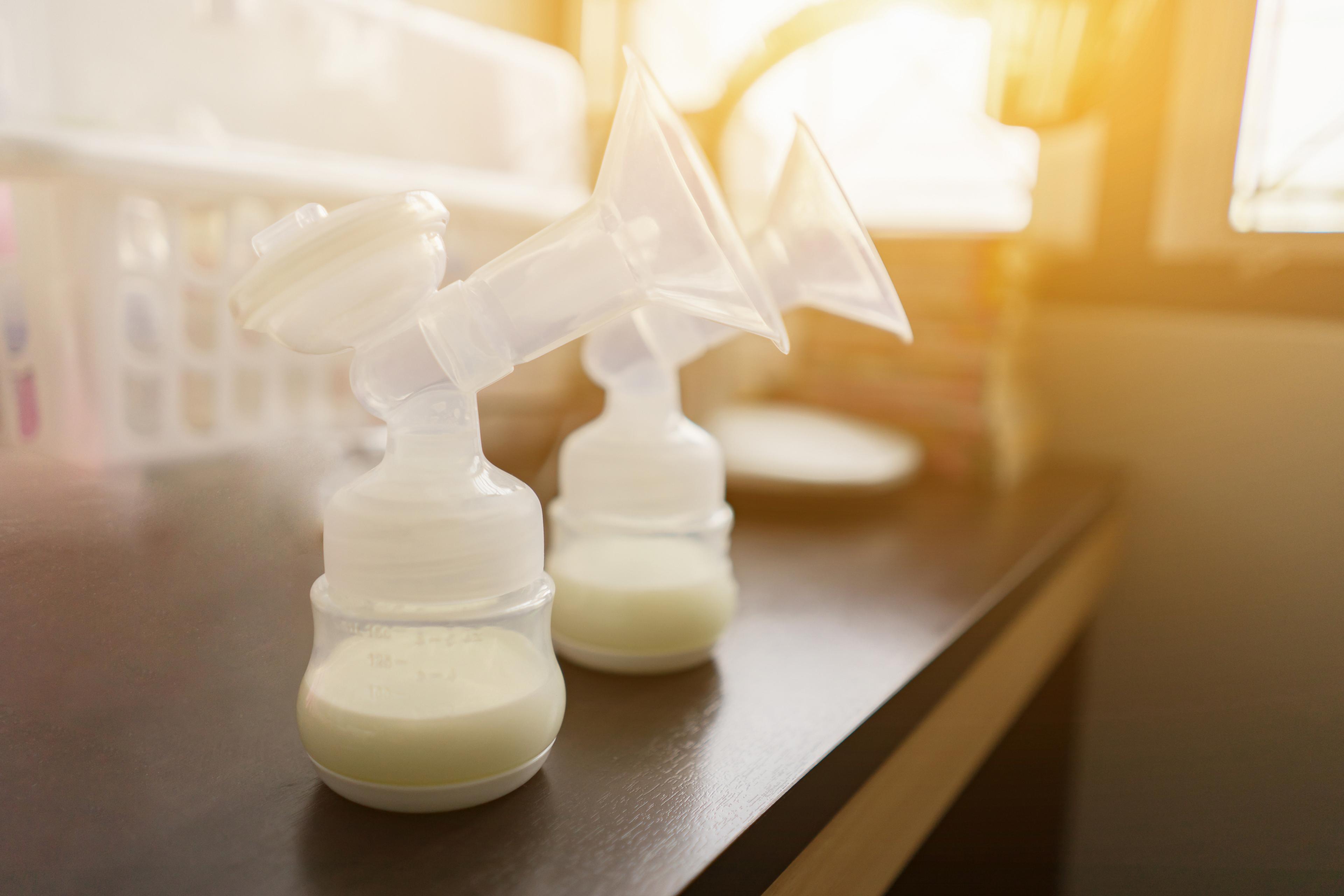What to Know About the New Breast Pumping Law
Amy Barczy
| 2 min read
Amy Barczy is a former brand journalist who authored...

About 83.2% of infants born in in the U.S. are breastfed right away – but that figure quickly drops each month of the child’s life. Many families don’t breastfeed for as long as they intend to, often due to a lack of support systems to help make that possible.
A new federal law recently took effect that aims to help expand protections for nursing mothers in the workplace.
While many nursing employees were already granted reasonable break time under the Fair Labor Standards Act (FLSA), a new law extends the rights to receive break time to pump and a private place to pump at work to more nursing employees.
The PUMP for Nursing Mothers Act took effect in May 2023, and allows agricultural workers, nurses, teachers, truck and taxi drivers, home care workers and managers rights for nursing accommodations.
Employers must provide nursing employees:
- Reasonable break time for the workers to pump or express breast milk for their child or children
- A place to pump at work that is not a bathroom and shielded from view, and is free from intrusion from coworkers and the public
Studies have shown that supporting working mothers with the time and the space they need to pump increases the likelihood that they can continue exclusively breastfeeding their infants – at nearly double the rate of working mothers without such protections.
Returning to work is often has a negative impact on a woman’s milk supply. Regularly emptying breasts of breastmilk is critical to maintaining a steady supply that matches the infant’s demand. Work schedules and commutes often create conflicts with a woman’s freedom to take the time and space to express milk for her child.
How to get a breast pump through insurance
Breast pumps can be electric or manual. All of them are considered durable medical equipment, which means many health insurance companies will help cover the cost of a breast pump or provide one on loan.
- Most Blue Cross Blue Shield of Michigan plans cover breast pumps, along with breastfeeding support, supplies and counseling. Learn more here.
Breast pumps help new mothers feed their newborns and infants. Pumping breastmilk can help mothers increase their milk supply, collect breast milk when mothers are separated from their babies or provide breast milk to babies when direct breastfeeding is difficult.
More from MIBluesPerspectives:





